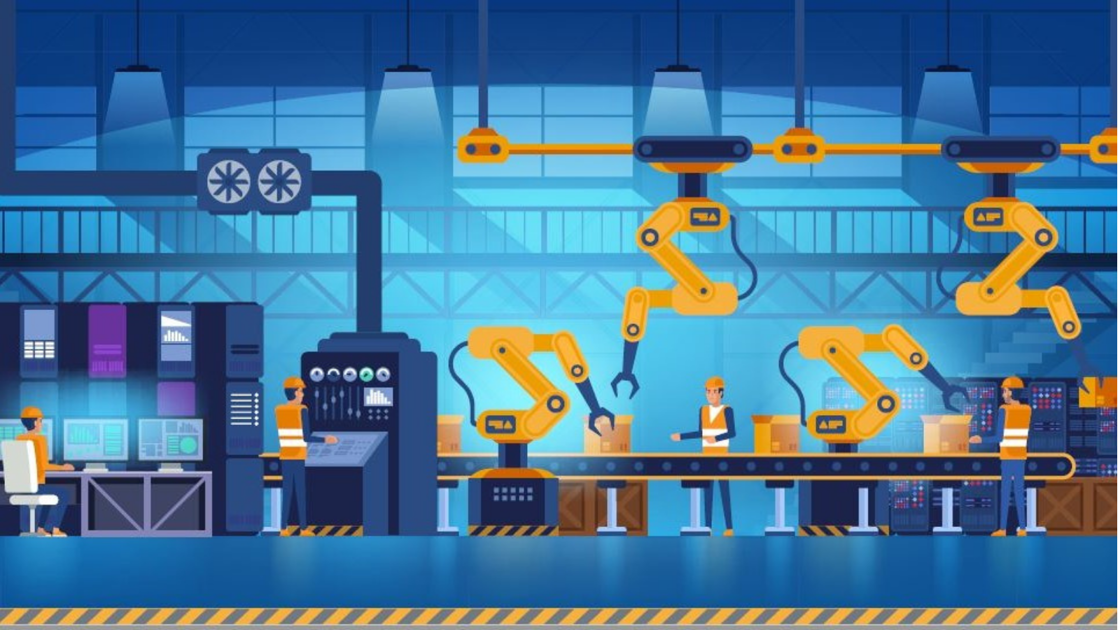Research conducted on behalf of industriAll Europe has revealed a regional divide in the digitalisation of industry. Whilst digital transformation is advancing in the North- and South-Western regions, the Centre-East region is lagging behind. The COVID-19 pandemic is further deepening this gap as it has accelerated the digital transformation in the North- and South-West. Next Generation EU, the recovery plan of the European Union, tries to address these challenges, but risks becoming a missed opportunity for industry and workers in some Member States.
With 20% of the Next Generation EU budget earmarked for investments in digitalisation, the political will to accelerate the transformation is clearly recognisable. Yet, regional and economic imbalances hamper investments in digital transformation. Industrial Europe’s study has revealed that digital investments, especially those under the recovery plan, are decisively easier for larger and multinational companies than for small- and medium-sized companies. Companies that had already invested in a digital infrastructure in the past are better equipped for the challenges ahead than those where investments are missing or stagnant.
Some companies lack the financial means to invest in the transformation of their business model, even to develop a corresponding strategy. This adds to the worrying development that some Member States are not prioritising digitalisation of industry at all. All countries have, as required by the European Commission, addressed in their National Recovery and Resilience Plans (NRRP) the challenges of digitalisation. Many countries have, however, focused mainly on connectivity and skills needs. They have not specifically addressed the need for transforming their existing industries for the digital age. This is a missed opportunity for industry and workers alike. Countries that do not invest in digital transformation now, risk leaving their industry and their workers behind.
Furthermore, in some countries, labour is so cheap that companies simply lack the incentives to invest in process optimisation and digitalisation. This is short-sighted as it puts in jeopardy the future of industry. Social partnership and collective bargaining are essential to address these shortcomings, and there is a clear need for upward wage convergence.
Isabelle Barthès, Deputy Secretary General of industriAll Europe:
“IndustriAll Europe has repeatedly insisted that national governments should consult social partners in the implementation of the National Recovery and Resilience Plans, and to focus on the digital transformation of industry. Countries that fail to invest in digital transformation right now, risk leaving their industry and their workers behind".
“Our research findings confirm that workers, industry and governments must act together to bring about the digital transformation of industry. A clear and common political vision of the industry of the future is needed for workers, regions, and industry alike.”
Final project report: EN
Contact: Patricia Velicu (policy adviser)
